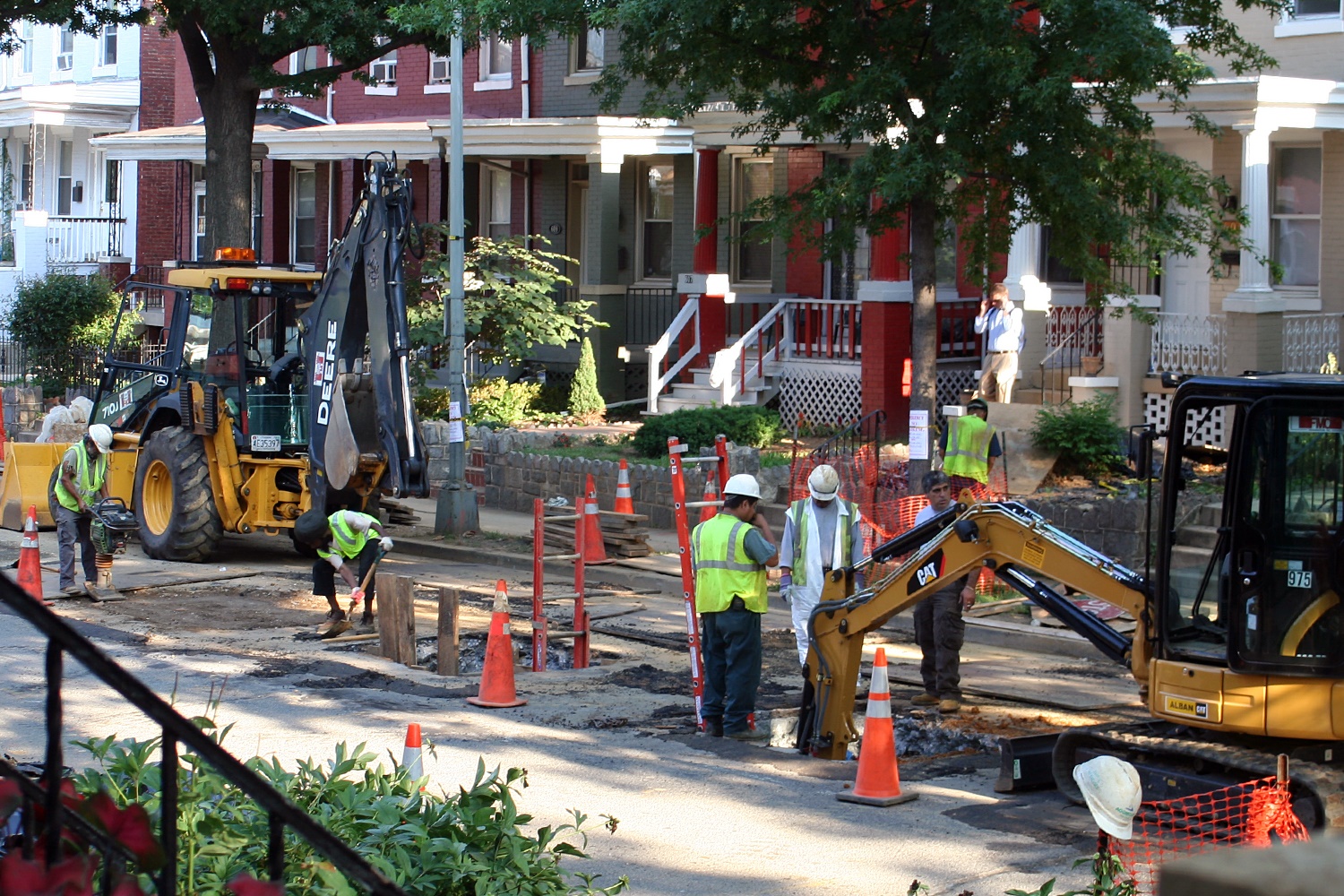HMRC Issues Letters To UK Residents Earning Above £23,000

Table of Contents
Why is HMRC Sending These Letters?
HMRC sends letters to UK residents earning above £23,000 for various reasons, often related to ensuring accurate tax payments and compliance. These aren't necessarily bad news; sometimes, they simply request clarification or additional information. Here are the most common reasons:
- Unfiled tax returns: If you're self-employed or have other untaxed income sources, failing to submit your self-assessment tax return by the deadline will trigger an HMRC letter.
- Discrepancies in reported income: HMRC cross-references information from various sources. Discrepancies between your reported income and data they hold may lead to a letter requesting further explanation.
- Changes to tax codes: Your tax code might be updated, requiring HMRC to inform you of any adjustments to your tax liability.
- Requests for further information: HMRC might require additional documentation to support your tax return or clarify specific aspects of your income.
- National Insurance contribution checks: HMRC regularly verifies National Insurance contributions to ensure accuracy and identify any potential underpayments.
For more detailed information, visit the official HMRC website: [Insert relevant HMRC link here].
What Information Should You Expect in the Letter?
HMRC letters are typically formal and contain specific information to help you understand the reason for contact. Key details to look out for include:
- Reference number: A unique reference number helps HMRC track and manage your correspondence.
- Specific details about the tax year in question: The letter will clearly state the tax year (e.g., 2022-2023) to which the communication refers.
- Amount owed or overpaid (if applicable): If you owe tax, the letter will specify the amount. Conversely, it might indicate an overpayment and how you'll receive a refund.
- Deadlines for response: HMRC letters always include clear deadlines for responding. Missing these deadlines can lead to penalties.
- Contact details for further inquiries: The letter provides contact details for clarifying any uncertainties or requesting further assistance.
It is crucial to read the entire letter carefully to understand the specific request and required action.
How to Respond to an HMRC Letter
Responding promptly and correctly to an HMRC letter is paramount. Here’s how to proceed:
- Gather all necessary documentation: Collect relevant documents such as payslips, P60s, self-assessment records, and any other supporting evidence.
- Carefully review the letter and understand the request: Ensure you understand the specific query or request before responding.
- Respond within the given deadline: Timely responses prevent penalties and demonstrate your cooperation.
- Use the provided contact information to clarify any doubts: Don't hesitate to contact HMRC if you require clarification.
- Seek professional advice from an accountant if needed: For complex tax situations, consulting a tax professional is advisable.
Utilize HMRC's online portals for submitting responses and managing your tax affairs: [Insert relevant HMRC online portal link here].
Penalties for Non-Compliance
Ignoring or delaying responses to HMRC letters can have serious consequences:
- Late payment penalties: Failure to pay tax by the deadline will result in penalties.
- Interest charges: Interest is usually charged on unpaid tax, increasing the amount you owe.
- Further investigation: HMRC might launch a more extensive investigation into your tax affairs.
- Potential legal action: In severe cases of non-compliance, HMRC might take legal action.
Proactive engagement with HMRC is crucial to avoid these penalties.
Understanding Your Tax Obligations (above £23,000)
Earning above £23,000 in the UK means you likely fall into higher income tax brackets and have increased National Insurance contributions. Key aspects include:
- Income tax brackets and rates: Understand the different tax brackets and the applicable rates for your income level.
- National Insurance contributions: Calculate your National Insurance contributions based on your earnings.
- Tax reliefs and allowances: Explore available tax reliefs and allowances to potentially reduce your tax liability.
- Self-assessment requirements: If self-employed or with untaxed income, understand your self-assessment obligations.
For complex tax situations or to ensure accurate tax calculations, seek professional advice from a qualified accountant or tax advisor.
Conclusion: Taking Action on Your HMRC Letter
Receiving an HMRC letter, especially if your income exceeds £23,000, necessitates prompt and appropriate action. This article highlighted the various reasons for receiving such letters, the information they typically contain, and the importance of responding correctly and within the deadlines. Ignoring HMRC correspondence can lead to significant penalties, including late payment charges, interest, further investigation, and even legal action. Review your tax affairs, ensure your tax returns are up-to-date, and if you've received an HMRC letter or are unsure about your tax obligations concerning income above £23,000, seek professional help. For more information and resources, visit the HMRC website: [Insert relevant HMRC link here].

Featured Posts
-
 Paulina Gretzkys Sophisticated Leopard Dress Photos Inside
May 20, 2025
Paulina Gretzkys Sophisticated Leopard Dress Photos Inside
May 20, 2025 -
 Matheus Cunha To Man United Latest Update From A Journalist
May 20, 2025
Matheus Cunha To Man United Latest Update From A Journalist
May 20, 2025 -
 Arsenals Pursuit Of Matheus Cunha Wolves Star Targeted Under New Director
May 20, 2025
Arsenals Pursuit Of Matheus Cunha Wolves Star Targeted Under New Director
May 20, 2025 -
 Canada Posts Future Commission Recommends Eliminating Daily Home Mail Delivery
May 20, 2025
Canada Posts Future Commission Recommends Eliminating Daily Home Mail Delivery
May 20, 2025 -
 Druzya O Shumakhere Pechalnaya Situatsiya I Trevozhnye Novosti
May 20, 2025
Druzya O Shumakhere Pechalnaya Situatsiya I Trevozhnye Novosti
May 20, 2025
